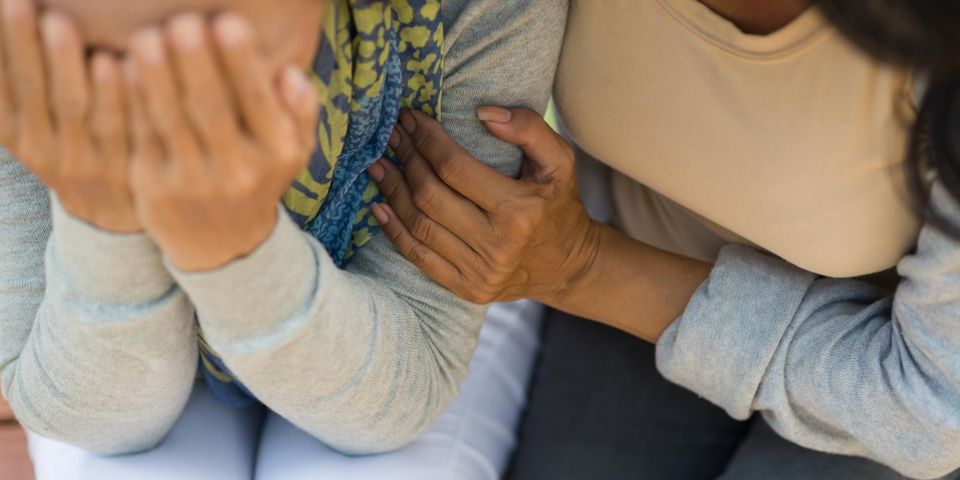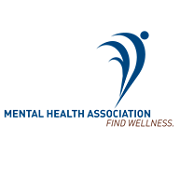Why Suicide Prevention Is Important

You’d do anything to help a close friend or family member in need. Reaching out to help is more pressing and complicated if your loved one is at risk for suicide. While suicide can’t always be stopped, knowing common signs and taking action may promote suicide prevention.
A Guide to Suicide Prevention
Who’s at Risk of Suicide?
While suicide risk can be difficult to predict, there are some common factors to know. These include mental illness, substance abuse, and a family history of suicide. Individuals with a history or trauma or other suicide attempts are also at higher risk. Terminal or chronic illness can also be a factor. It’s also important to monitor loved ones who have experienced loss, a stressful life event, or are prone to social isolation.
What Are the Common Signs of Suicide?
 Every person will show warning signs differently, and some people may show no warning signs at all. Still, there are some patterns that you shouldn’t ignore. These can include talking about death or suicide, obsessing over the concept of death, and exhibiting feelings of hopelessness. You may also notice your loved one engaging in dangerous or reckless behaviors, such as seeking access to weapons or pills. Those who are planning suicide may also start to say goodbye to loved ones or give away their possessions. If you notice any of these signs in your loved one, take action. Even if they don’t ask for your help, or reject your offer to help, it’s worth reaching out to them.
Every person will show warning signs differently, and some people may show no warning signs at all. Still, there are some patterns that you shouldn’t ignore. These can include talking about death or suicide, obsessing over the concept of death, and exhibiting feelings of hopelessness. You may also notice your loved one engaging in dangerous or reckless behaviors, such as seeking access to weapons or pills. Those who are planning suicide may also start to say goodbye to loved ones or give away their possessions. If you notice any of these signs in your loved one, take action. Even if they don’t ask for your help, or reject your offer to help, it’s worth reaching out to them.
How Can You Take Action?
If you’re worried about a loved one, be frank with them about your concerns. While it may feel scary or awkward, you can play an important role in suicide prevention. To start a conversation, consider using gentle phrases like, “I have noticed that you are not yourself lately, and I am worried about you.” By opening the conversation with concern and compassion, you’ll encourage your loved one to open up. Be sure to listen, take their words seriously, and ask how you can be supportive. Show that you’re there for them and will aid them in seeking professional help.
Remember that if you are concerned about a loved one or are experiencing a crisis situation, contact the National Suicide Prevention Hotline. When you call, you’ll be connected with trained professionals who will talk you through this situation.
If you or a loved one is struggling with mental health, it’s important to seek help. Mental Health Association Of Rochester/Monroe County has been helping individuals in the Rochester, NY, area for 85 years. This non-profit organization offers both group and individual support services, as well as therapy referrals. These classes and support sessions will help you learn about coping mechanisms, anger management, and suicide prevention. To learn more about this organization and their services, visit their website or call (585) 325-3145 today.
About the Business
Have a question? Ask the experts!
Send your question

